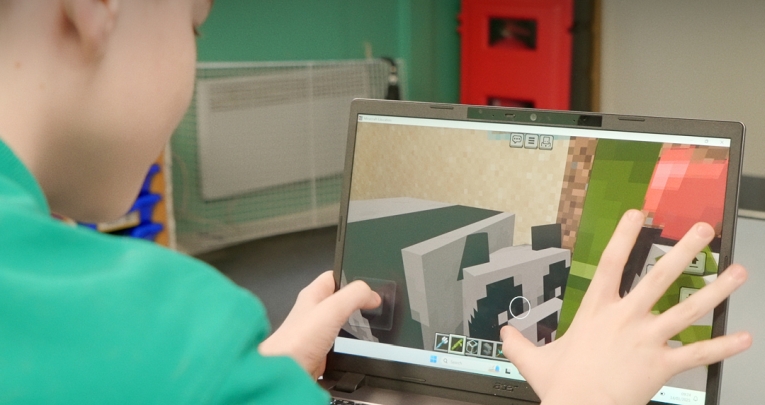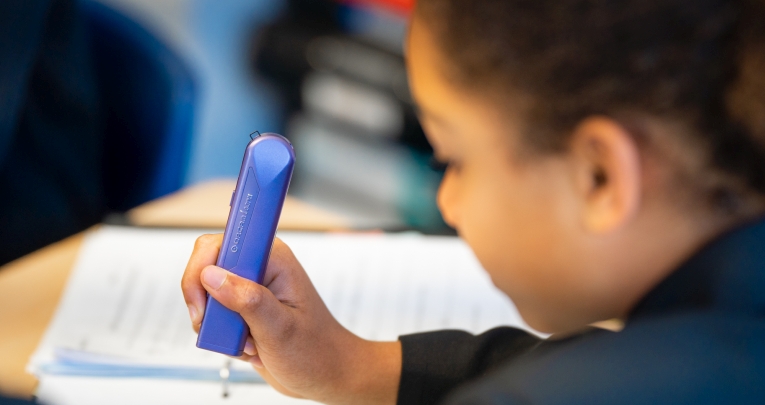 30 Second Briefing
30 Second Briefing
Toileting can be a significant hurdle for autistic children, and parents often turn to teachers for guidance. Lorraine MacAlister, autism training consultant for the National Autistic Society and co-author of Toilet Training and the Autism Spectrum, shares key strategies that teachers can use to support families through this important developmental stage.
1. Understand the challenges
Autistic children may have difficulties recognising when they need to use the toilet or expressing this need. By understanding the sensory, language, and environmental barriers to toileting, teachers can offer invaluable insights and practical advice to parents who may be struggling.
2. Work with parents on consistency
Consistency is essential for toilet training. Teachers can support parents by using the same language and visual aids in the classroom that are used at home.
Lorraine’s advice highlights how teachers can reinforce clear instructions and consistent language, helping children transition more easily between home and school.

3. Create a sensory-friendly environment
School environments can be overwhelming, including the toilet facilities. Teachers can collaborate with parents to ensure that the school bathroom is as sensory-friendly as possible.
By being mindful of factors like lighting and noise, teachers can help make the experience less stressful for the child, complementing the efforts being made at home.
“Teachers can offer invaluable insights and practical advice to parents who may be struggling.”
4. Encourage gradual progress with patience
Teachers have a unique opportunity to create a low-pressure environment where children can gradually build their independence.
Lorraine’s strategies encourage the integration of regular toileting routines into the school day, without imposing strict time limits.
Celebrating small achievements in school helps build the child’s confidence, and teachers can share these successes with parents.
5. Access specialist training for autism and continence
For teachers looking to expand their knowledge and skills in supporting autistic children with toileting difficulties, the National Autistic Society’s Autism and Continence course offers essential insights.
This training, developed by Dr Eve Fleming and Lorraine MacAlister, explores the challenges autistic children face with toileting and specific continence issues.
Topics include toilet training readiness, working cooperatively with parents, and managing sensory sensitivities. Delivered online or face-to-face, the course equips school staff with practical strategies to support both students and families.











